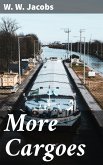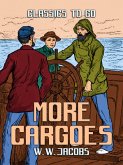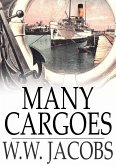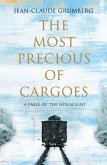W. W. Jacobs' 'More Cargoes' is a collection of short stories that reflect the author's keen observation of human nature and his knack for weaving twist endings. Set in the late 19th and early 20th centuries, the stories delve into themes of greed, morality, and social class. Jacobs' straightforward and witty writing style makes the tales easily accessible to a wide audience while maintaining a depth that provokes thought. His use of irony and humor adds a layer of complexity to the narratives, creating a unique reading experience within the literary context of the time. 'More Cargoes' stands out as a captivating portrayal of human behavior and societal issues, as seen through the lens of a master storyteller. W. W. Jacobs, known for his mastery of the short story genre, drew inspiration from his background as a sailor for the East India Company and later as a bank clerk. His firsthand experiences with different social classes and his astute observations of human interactions provided the foundation for his engaging narratives. Jacobs' ability to blend realism with unexpected endings has solidified his reputation as a skilled storyteller. For readers who appreciate cleverly crafted stories that offer insights into human nature and society, 'More Cargoes' by W. W. Jacobs is a must-read. With its well-developed characters, witty dialogue, and thought-provoking themes, this collection is sure to leave a lasting impression on those who delve into its pages.
Dieser Download kann aus rechtlichen Gründen nur mit Rechnungsadresse in A, B, BG, CY, CZ, D, DK, EW, FIN, F, GR, H, IRL, I, LT, L, LR, M, NL, PL, P, R, S, SLO, SK ausgeliefert werden.









